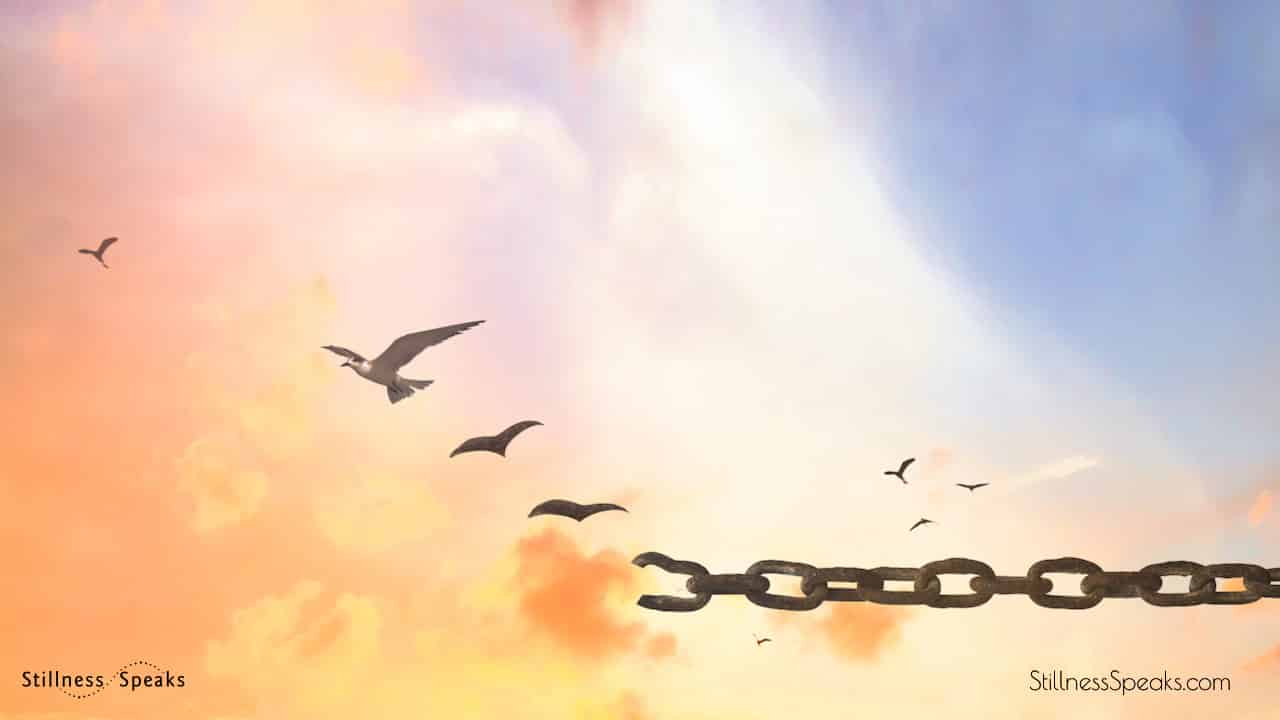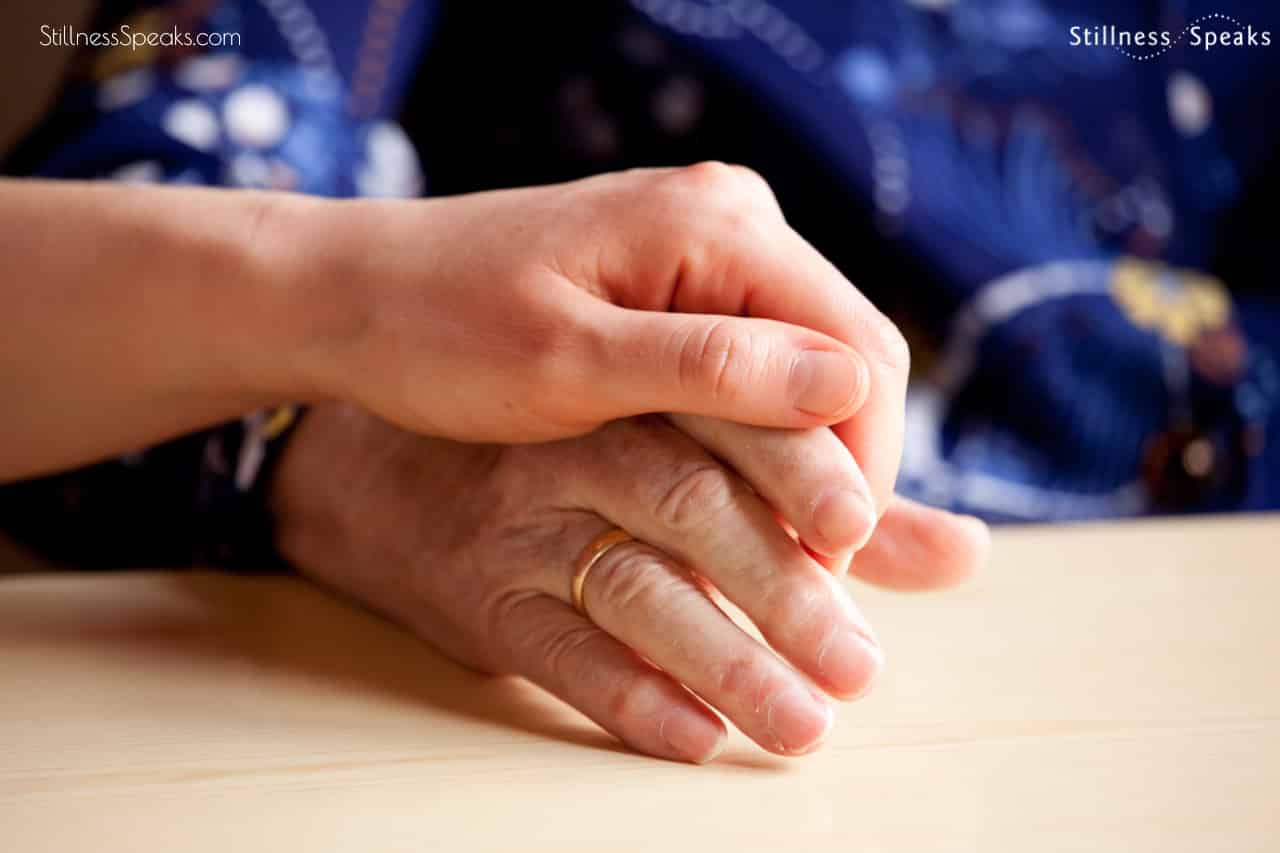Forgiveness means “… “to let go”—as when we let go of a rope, or something else we are holding on to. We’re releasing our grip on something …” ~ Peter Russell
This post concludes the series on Peter Russell’s book “Seeds of Awakening.” As noted in prior parts, it is one of the clearest distillation of “perennial wisdom {without} the trappings of time and culture” that is very readable, engaging, deeply insightful and a treasure trove of very relatable “wisdom gems.”
The books title is most apropos as the various chapters are, or contain, “seeds” that can blossom into awakening … i.e., Effortless Meditation, Forgiveness, Returning to Natural Mind, Kindness … are all “essential beginnings or elements of wisdom” or “seeds” that, when nourished, will/can flower into awakening. And, one of the most important, and useful, aspects of Peter’s book is that these seeds are very relatable and one does not have to know or learn any tradition – just absorb the text, incorporate/integrate it into one’s daily rhythm – earnestly … then see where it leads. As a minimum, it will increase whatever level of peace and contentment one has.
Peter digs into the what, why, and how about Forgiveness – an essential aspect of timeless wisdom: he defines it, talks about why it is challenging to undertake, delves into its “core,” and suggests that approaching it with compassion vs judgement is the key.
He notes that it is not a weakness in the forgiver nor is it condoning the perpetrators actions: “…This is not to imply we should simply accept their behavior, or even condone it. We may well feel the need to give them feedback or make suggestions as to how they might behave better, but let us do so from a compassionate heart rather than a judgmental mind. …”
Seeds of Awakening is listed in our book library and can be purchased by clicking here. All italicized text below is directly excerpted from Peter’s book with his permission.
To access all the parts in this series, please visit Seeds of Awakening – Peter Russell.
Forgiveness: Compassion vs Judgement
Forgiveness doesn’t always seem easy. If we feel attacked or hurt, we may feel that the only way to relieve our pain is to attack back in some way. We want others to know how much we’re hurting. At such times forgiving them may seem far from our minds.
Forgiving someone can also feel like we are backing down or letting them off, implying “I know you did wrong, but I’m not going to punish you this time.”
But true spiritual forgiveness is far from just saying “I’m letting you off.” It can actually be a profound healing, especially for the person who is feeling hurt.
In the bible the Greek word that’s translated as “forgive” is aphesis. Its literal meaning is “to let go”—as when we let go of a rope, or something else we are holding on to. We’re releasing our grip on something. With forgiveness, the grip that we’re releasing is a mental one. We’re letting go of the judgments and grievances we are holding against a person, and our beliefs about how they should have behaved.
When someone doesn’t behave as we have expected, or as we would have liked them to, we tend to feel angry. And when we do, it’s easy to think that the other person has made us angry. We hold them responsible for our feelings.
But when we look more closely, we usually find that our discomfort is coming, not from their actual behavior, but from how we’ve interpreted it—the story we are telling ourselves about what they’ve done, what we’re accusing them of, and how they could have behaved better.
One thing that can help is to put ourselves in the other person’s position. If we could truly understand their motives—what they were thinking and feeling, their fears and pains, their own background and conditioning—all the influences in their life, that have led them to this point in time—then we might begin to understand why they did what they did. We can begin to see them through the eyes of compassion rather than judgment.
We can begin to recognize that although they may not have behaved as we believe they should have done, they were in a sense behaving exactly as they should have done—given all the past situations and influences that led up to this.
True forgiveness comes when we recognize that deep down the other person was wanting exactly what we are wanting. In their own way they were seeking to be more at peace, to ease their own suffering. But the way they set about doing this conflicted with our own ideas as to how to be at peace.
This is not to imply we should simply accept their behavior, or even condone it. We may well feel the need to give them feedback or make suggestions as to how they might behave better, but let us do so from a compassionate heart rather than a judgmental mind.
_ _ _
Again, to access all the parts in this series, please visit Seeds of Awakening – Peter Russell.
Above text excerpt (all italicized text) is from Peter’s latest book Seeds of Awakening and is published here with his permission.











